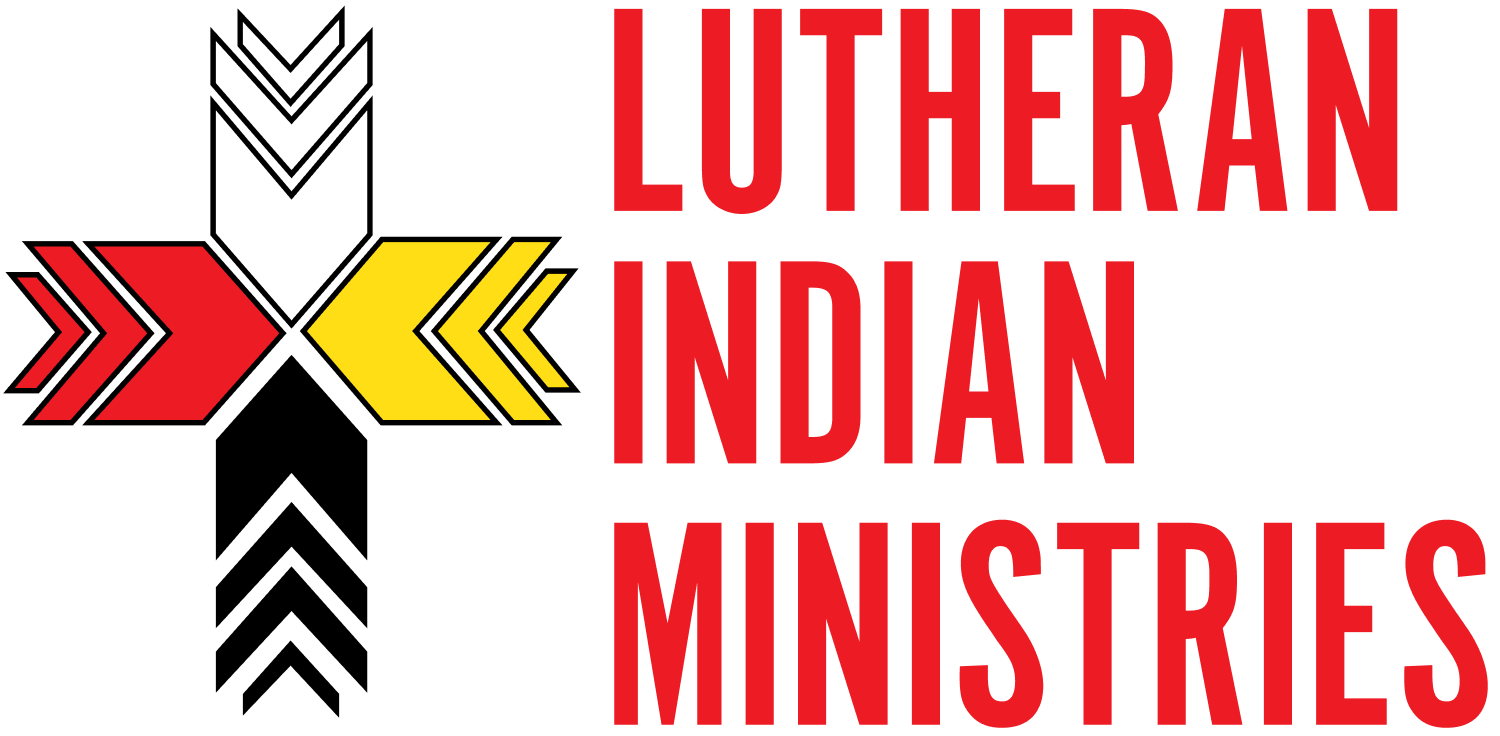This Week in Native American News: strong women, miseducated students, and the rez accent
March 10, 2017
Great People Doing Great Things
In honor of International Women's Day, CBC News put together this list of Indigenous women making their mark in communities across Canada — becoming leaders and working to foster Indigenous languages, build businesses, create art and more.
Although there are many more CBC Indigenous could list, here are just 13 Indigenous women to watch in 2017 and beyond.
The Miseducation of Native Students & The Affects
"While distortions and myths of Native American culture plague many schools, textbooks often fail to mention Native history after the 19th century. In a 2015 study, scholars Antonio Castro, Ryan Knowles, Sarah Shear, and Gregory Soden examined the state standards for teaching Native American history and culture in all 50 states and found that 87 percent of references to American Indians are in a pre-1900s context. (Washington is the only state in the union that uses the word “genocide” in its 5th grade U.S. history standards and teaching of Native peoples’ history.) In short, existing Native nations and land bases aren’t identified, and Native people are dealt with as historical figures, implying their extinction.
"No student can have a full understanding of U.S. history and contemporary society, nor can educators understand the inherited trauma Indigenous students still experience, as a result of this denial. Internalizing harmful images most acutely damages Native children, but absorbing racist and dehumanizing ideas about fellow classmates also diminishes the understanding and compassion of non-Native children, warping their conception of a history that often erases Native Americans altogether." -Roxanne Dunbar-Ortiz
Read the full story here.
But the National Museum of the American Indian wants to help!
Teachers can join scholars, education experts, and Native community members for a unique and immersive professional development experience for educators in social studies, history, or language arts. Native Knowledge 360° (NK360°) is a national education initiative to inspire and promote improved teaching about American Indians and represents the foundation of the National Museum of the American Indian’s work to transform popular understandings of Native history, cultures, and contemporary lives.
Find out more about this program and others available here.
Urban Reserve in Edmonton is a Possibility
(Winnipeg Urban Reserve plans)
An urban reserve is a chance for a First Nation to purchase and control land within a city — creating a satellite reserve — while agreeing to abide by city bylaws and pay equivalent property taxes in exchange for city services. Enoch says it’s hoping for land near the core, probably near the river valley.
Mayor Don Iveson said they’ve already started talking about how an urban reserve, regional transit and joint tourism promotion with the River Cree Resort & Casino could all grow out of this agreement.
Urban reserves are already common in Saskatchewan, where the first one was established in 1988.
Read the full story here.
Side note: Research shows, the "rez accent" is important
An emerging field of research suggests that much like Cajun English or African American Vernacular English—otherwise known as Ebonics—unique speech patterns also have developed among indigenous people in Canada and the United States, creating Native American English, or “the rez accent.”
The rez accent—short for “reservation accent”—occurs in indigenous communities regardless of whether a heritage language is spoken; and that through English, indigenous people are creating and maintaining their own ethnic identities.
In other words, the use of English could be just as important to indigenous identity as mother-tongue languages.
It's hard to fit so much news in such a small space.
To read all of this week's news, visit the LIM Magazine.
Sign up to get these emails in your inbox and never miss a week again!







